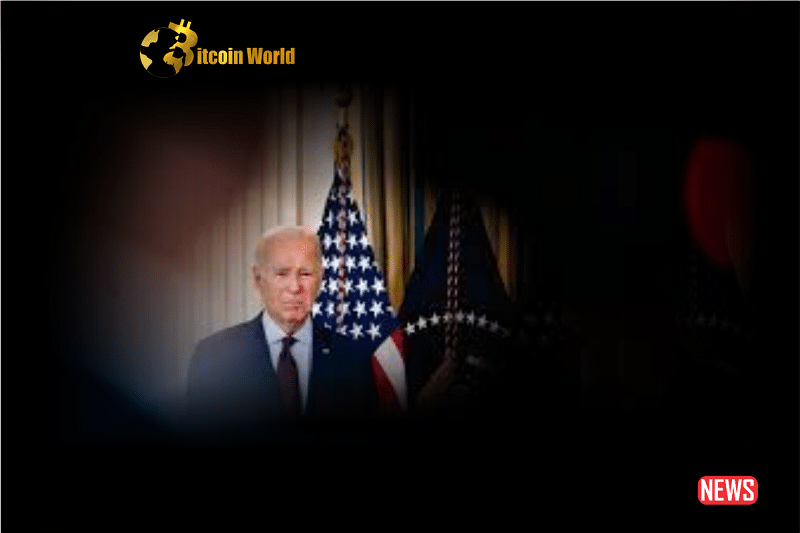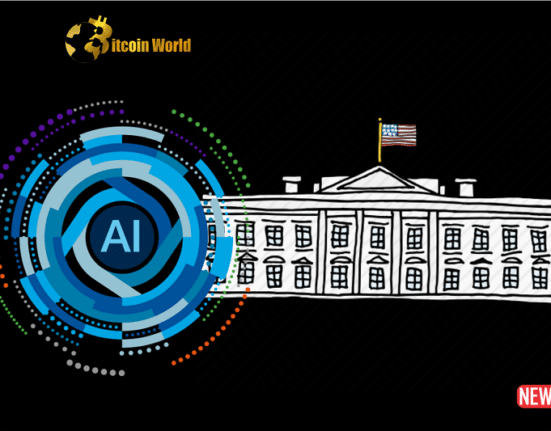Eight more well-known U.S.-based AI developers have vowed to prioritise safety, security, and trust in the AI business, which is a big step towards assuring the responsible development of generative AI tools. With this declaration, the White House joins industry titans like NVIDIA, Scale AI, and Cohere in advancing the cause of responsible AI.
This commitment is a result of a project that the Biden administration started four months ago after talking with business executives about creating common standards for the development of generative AI. The launch of OpenAI’s ChatGPT, which took AI into the public in November, served as the impetus for this endeavour.
The White House emphasised the significance of these promises in a statement, emphasising the fundamental values of safety, security, and trust that are essential for the advancement of AI. In May, Vice President Kamala Harris met with executives from Alphabet, Anthropic, Microsoft, and OpenAI to emphasise the need for businesses and policymakers to promote moral and reliable innovation with sufficient safeguards.
Seven of the biggest names in technology, including OpenAI, Google, Microsoft, Amazon, and Meta, had earlier supported the White House’s commitment in July. The latest meeting between White House Chief of Staff Jeff Zients and U.S. Secretary of Commerce Gina Raimondo represents a “second round of voluntary commitments” to ethical AI development.
In a blog post, Scale AI emphasised the importance of these commitments and the necessity of growth in model capabilities and safety at the same time. Martin Kon, President & COO of Cohere, expressed his happiness at joining these commitments and applauded the White House for recognizing the distinct difficulties and potential in the enterprise AI space.
NVIDIA’s Chief Scientist William Dally reaffirmed the company’s support for the White House’s voluntary AI pledges during a Senate Judiciary Committee hearing. Dally emphasized the significance of striking a balance between national security, innovation, and AI legislation while also assuring the ethical use of AI systems.
Without stifling innovation, Dally emphasised, “We can ensure safe, dependable, and ethical deployment of AI systems.” He emphasised the importance of making AI tools publicly accessible in order to prevent concentration in the hands of a small number of strong companies.
Industry heavyweights like Adobe, IBM, Palantir, Salesforce, and Stability AI have joined the White House pledge alongside NVIDIA, Scale AI, and Cohere. This shared commitment reflects the rising awareness of AI’s disruptive potential and the demand for ethical development methods.
The potential advantages and difficulties brought about by AI continue to be of great interest to politicians everywhere. In a hearing before the Senate Banking Committee, Gary Gensler, the chair of the U.S. Securities and Exchange Commission, emphasised how emerging technologies, such as deepfakes produced by AI, may make it more difficult to enforce existing regulations, particularly in the case of online fraud and market manipulation.
The increasing involvement of top AI developers in the White House promise, which emphasises safety, security, and trust as core principles guiding the development of AI technology, represents a collaborative commitment to responsible AI research.














